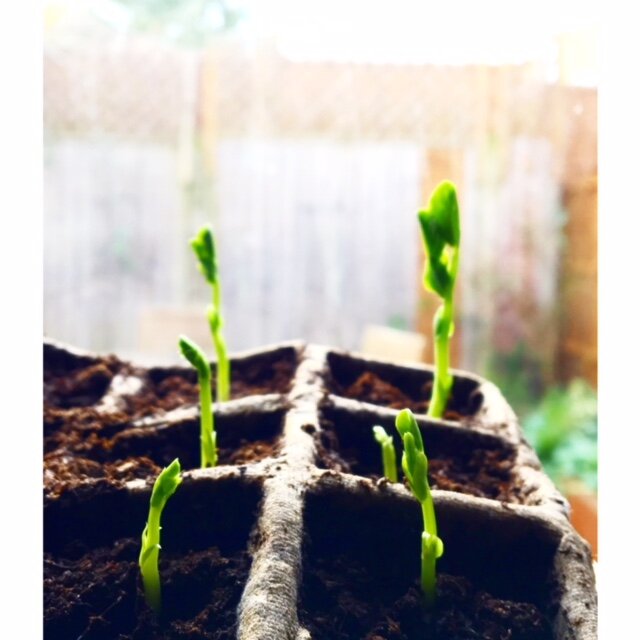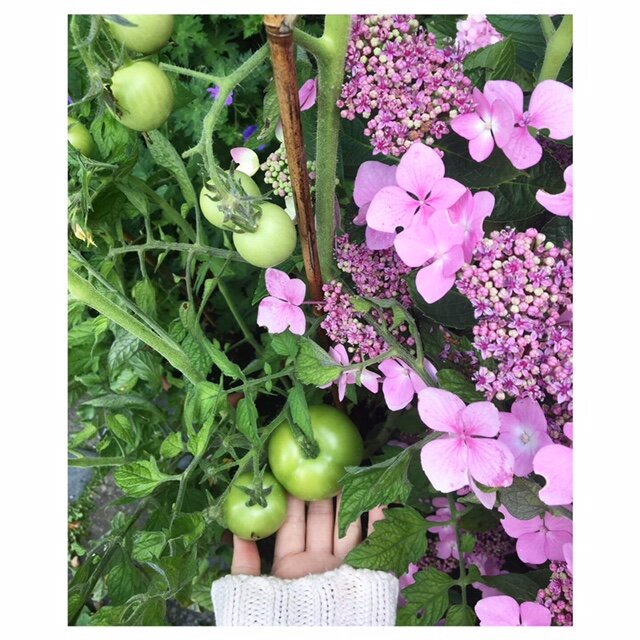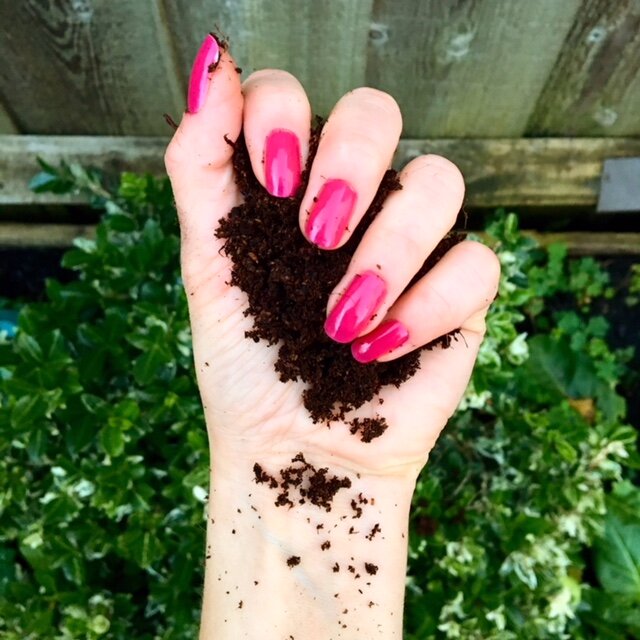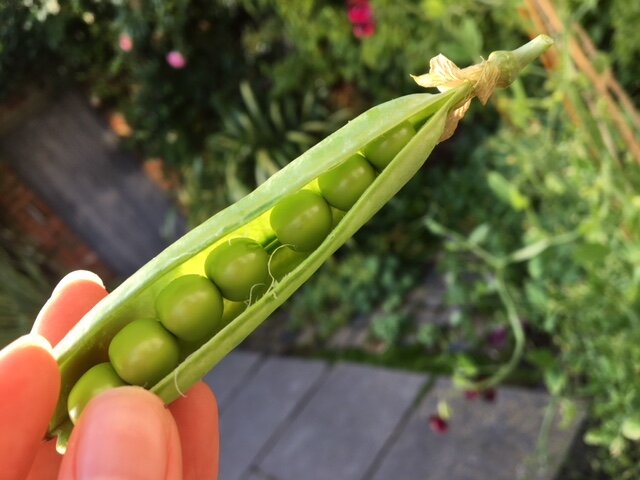Top Tips For Beginner Gardeners
For the first blog on Rocket, it seemed fitting to start right at the beginning with a handful of suggestions for first-time gardeners.
Whether you’re looking to transform your outdoor space or just learn a bit about growing plants, being a beginner can be daunting. Gardening is a rewarding and mindful activity, but it also requires an open mind and often a ‘trial and error’ attitude! Remember that most of us, whether newbies or experienced green fingers, are always learning and evolving with our spaces. Read these top tips for a little inspiration and pointers to hopefully set you off in the right direction:
1. Get to know your space.
Regardless of how long you’ve lived somewhere, it’s a good idea to spend time getting to know your garden or outdoor space before beginning gardening projects. By observing carefully, you’ll notice which are your sunny and shady spots, what sort of soil you have, and particular features or existing plants that attract wildlife. By doing this, you can begin work in harmony with the garden, choosing plants that suit the conditions and local wildlife.
2. Start small.
When you’re ready to get started, new gardeners should be wary of investing in lots of plants before honing the green fingers. Plants in pots and containers are a good place to start, allowing you to get to know how they grow and behave, as well as how much time you can commit to looking after them! If you’re planning to grow edibles, try to resist buying the whole range, and select a couple of types of plug plants or seeds to get you going. Feeling overwhelmed can easily put you off, so try to pace yourself!
3. Prioritise wildlife.
When you’re selecting plants, look out for those that are attractive to pollinators, helping to support bees and butterflies. If you’re tackling an overgrown garden, consider leaving a ‘wild area’ with a log pile and long grass in a secluded corner that the lawn mower can avoid, helping provide natural habitats. Opting for a more rustic style and less manicured look means you can still achieve a beautiful garden while ensuring it stays wildlife friendly. Check out easy installation wildflower lawns at WildflowerTurf.co.uk .
4. Learn about your plants.
You don’t need to spend hours researching, but it’s helpful to make a note of what plants you’ve bought, or identify existing plants with an app or knowledgeable friend. Check how much water they like, what sort of position in your garden, and any pruning or feeding requirements. You’d be surprised how well some thrive in sheltered, shady spots, while others need full sun to flower or produce fruit. Understanding how to treat your plants gives them their best chance of survival.
5. Go natural.
It doesn’t have to be difficult, but it makes a big different to biodiversity in your garden. Avoid harsh chemical pesticides and opt for natural fertilisers instead. Unnatural pesticides can inadvertently harm birds, hedgehogs and other wildlife who eat the slugs, snails and bugs you’re trying to eliminate. There are many natural methods to deter, rather than exterminate, such as ‘companion planting’ which send the ‘pests’ elsewhere, and the use of copper tape or barriers to re-direct slimy friends. More advice on organic gardening is provided at OrganicGarden.org and Thompson and Morgan.
6. Have a plan in mind.
Even when you’re starting small and learning the ropes, it’s useful to consider an end goal when it comes to your garden, patio or balcony. If you decide on a style or colour scheme early on, it means that your vision can evolve while remaining cohesive as you add plants and features to the space.
If you need help with ideas for your own space, get in touch via Rocket’s contact page - we’d love to hear about your project.



